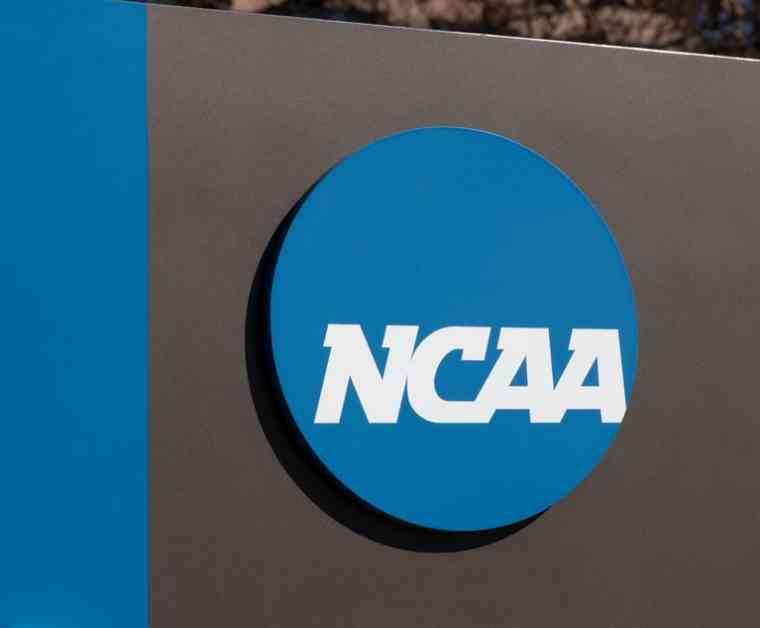The NCAA, which governs college athletics in the United States, is facing a new legal challenge regarding its ban on Canadian Hockey League (CHL) players from participating in Division I men’s ice hockey. This comes on the heels of the NCAA’s recent settlement agreement to share revenue with college athletes for their name, image, and likeness, which has raised questions about its compliance with antitrust laws.
Freedman Normand Friedland and Berger Montague, two prominent law firms, filed a class action lawsuit on Monday alleging that the NCAA’s ban on CHL players violates the Sherman Act, a federal antitrust law designed to promote fair competition and protect consumers. The lawsuit argues that the NCAA’s restrictions prevent talented Canadian players from pursuing their dreams of playing Division I hockey and unfairly limit their opportunities to showcase their skills and earn scholarships.
Background on the NCAA’s Ban
The NCAA’s ban on CHL players dates back to the mid-1990s when the organization implemented a rule that prohibited players who had competed in the CHL from playing in Division I hockey. The rationale behind this rule was to preserve the amateur status of college athletes and prevent professional leagues from exerting undue influence over collegiate sports.
However, critics of the ban argue that it unfairly penalizes Canadian players who choose to develop their skills in the CHL, which is widely regarded as one of the top junior hockey leagues in the world. Many CHL players aspire to play college hockey in the United States as a stepping stone to a professional career in the NHL, but the NCAA’s ban creates a significant barrier to entry for these players.
Legal Basis for the Lawsuit
The class action lawsuit filed by Freedman Normand Friedland and Berger Montague alleges that the NCAA’s ban on CHL players violates the Sherman Act by restraining trade and limiting competition in the market for college hockey players. The lawsuit argues that the NCAA’s restrictions prevent CHL players from fully exercising their rights to pursue educational and athletic opportunities in the United States.
The lawsuit also contends that the NCAA’s ban on CHL players has a disparate impact on Canadian players, who make up a significant portion of the CHL’s talent pool. By excluding these players from Division I hockey, the NCAA effectively restricts their ability to access scholarships and other benefits that are available to American athletes.
Potential Impact of the Lawsuit
If successful, the class action lawsuit against the NCAA could have far-reaching implications for the future of college hockey and the rights of CHL players. A favorable ruling could compel the NCAA to reconsider its ban on CHL players and open up new opportunities for talented Canadian athletes to compete in Division I hockey.
Moreover, a victory in this case could set a precedent for challenging other NCAA regulations that restrict the rights of college athletes. The ongoing debate over amateurism and athlete compensation has sparked a wave of legal challenges to the NCAA’s authority, and the outcome of this lawsuit could shape the landscape of college sports for years to come.
In conclusion, the class action lawsuit filed by Freedman Normand Friedland and Berger Montague represents a significant legal challenge to the NCAA’s ban on CHL players in Division I hockey. The lawsuit raises important questions about the NCAA’s compliance with antitrust laws and the impact of its regulations on the rights of college athletes. As the case progresses, it will be interesting to see how the courts address these complex issues and what implications the ruling may have for the future of college sports.















